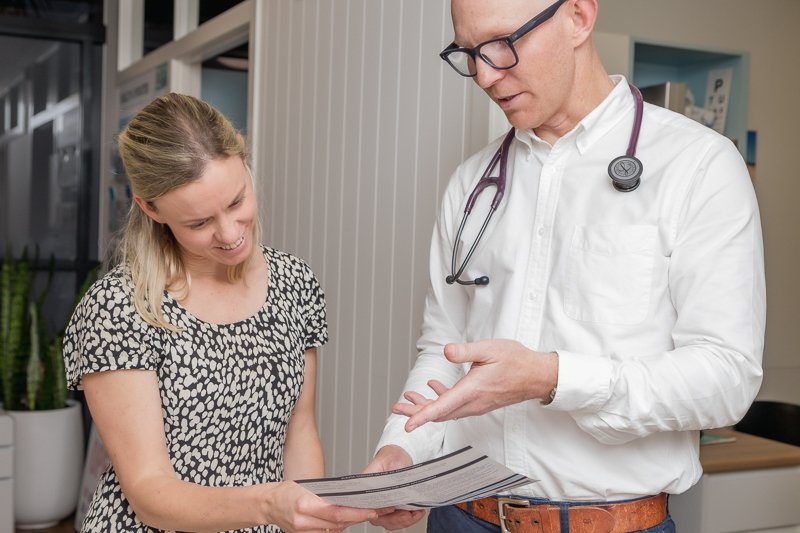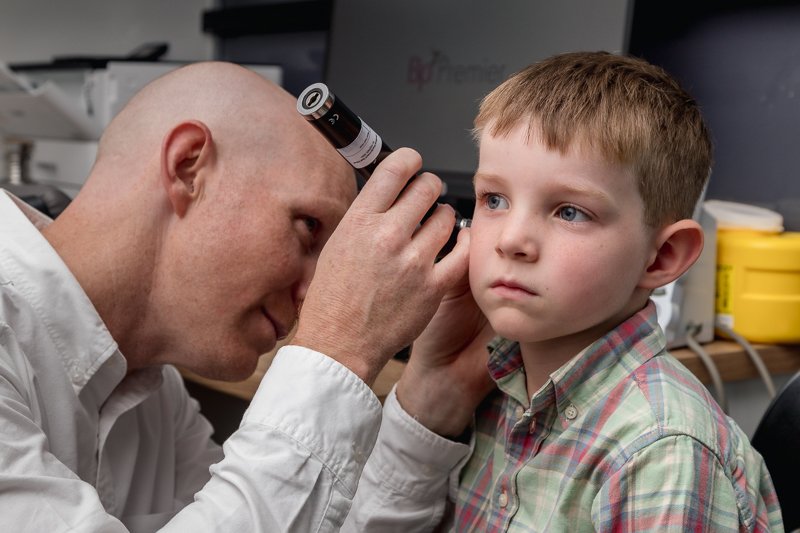About 6 million adult Australians – that’s about one in three of us – have high blood pressure. And many people do not have a treatment plan in place.
What Is High Blood Pressure?
When your heart beats, it creates pressure that pushes your blood out into your arteries. This is known as your blood pressure. It’s measured in two parts, which is why you may have heard your doctor say something like ‘140 over 90’ when they examined you. The first number is your systolic pressure, which happens when your blood pumps out of your heart. The second reading is your diastolic pressure which happens when your heart rests between beats.
High blood pressure or hypertension happens when the force of your blood pressing on the walls of your arteries is consistently too high.
Why Is High Blood Pressure a Problem?
Your blood pressure varies depending on what you’re doing. If you’re exercising, for example, your heart rate and your blood pressure will usually be higher.
So, we all experience high blood pressure from time to time. But it starts affecting your health when it’s high all the time.
High blood pressure makes your heart and blood vessels work harder and less efficiently. That puts you at risk of cardiovascular problems including:
● Heart attack due to atherosclerosis, where your arteries are narrowed by plaque deposits, meaning blood cannot flow to your heart as easily as it should
● Stroke, because the high pressure weakens the walls of the arteries in your brain.
High blood pressure can also cause vision loss, kidney failure and sexual dysfunction.
What Causes High Blood Pressure?
We’re still learning about the causes of high blood pressure but we know it is influenced by your family history, age, certain medications, and your lifestyle.
Lifestyle causes include your:
● Diet, especially how much salt you eat (it’s often hidden in processed foods)
● Alcohol intake
● Fitness levels
● Weight
● Stress levels
● Smoking habit.
What Are the Symptoms of High Blood Pressure?
Because you can’t feel your blood pressure normally you have no way of knowing if it is too high until a doctor examines you. That’s why doctors tend to check your blood pressure as part of your routine care. Some people, with very high pressures, may experience dizziness, blurred vision, ringing in ears or headache.
How Do You Treat High Blood Pressure?
To protect your Vascular system, you need to find ways to lower your blood pressure. That requires lifestyle changes and, possibly, medication.
Lifestyle Changes
If an unhealthy lifestyle contributes to high blood pressure, learning healthier habits can help you control it.
Try to:
● Eat a healthy diet, reducing salt and fat and eating lots of fruit and veggies
● Exercise regularly – even during this time of lockdown at home, you can still go for a walk or try a YouTube exercise class
● Maintain a healthy weight (made easier if you’re eating healthily and exercising regularly)
● Cut down on alcohol and stop smoking.
Medication
If lifestyle changes alone aren’t sufficient, your doctor may prescribe medication to help control your blood pressure.
Blood pressure medications include beta blockers, diuretics, ACE inhibitors, ARBs or calcium channel blockers. Your GP will explain differences and choose the right medication for you if needed.
How Can We Help?
Even – or maybe especially – during the COVID-19 pandemic, it is important that people with underlying conditions like high blood pressure continue to receive their usual care.
So, if you have high blood pressure, we need to keep treating you. We do not want your blood pressure to become uncontrolled, putting you at high risk of a heart attack or stroke which could have serious consequences for you and add more pressure to our hospitals.
Please call our clinic on 5471 2100 and we will explain how we would like to care for you during this time. That might be through a telehealth appointment or through a carefully timed visit to our clinic.






